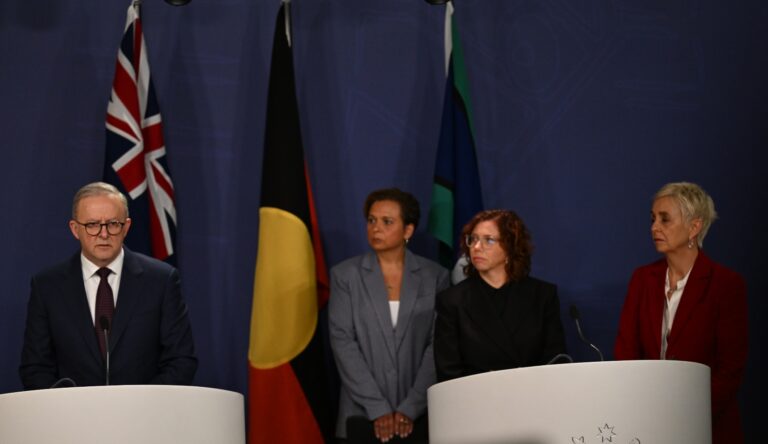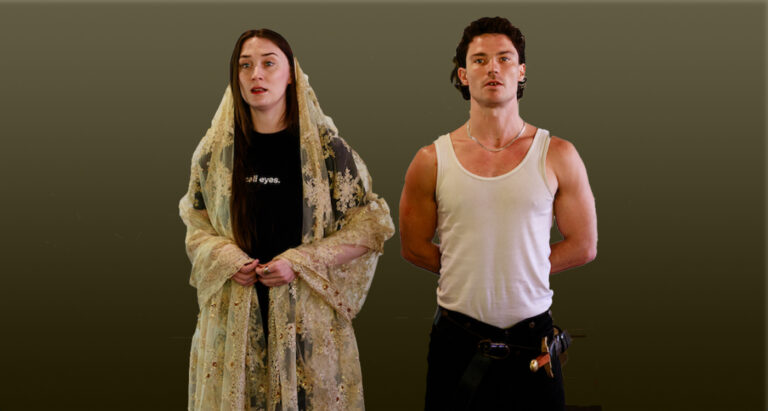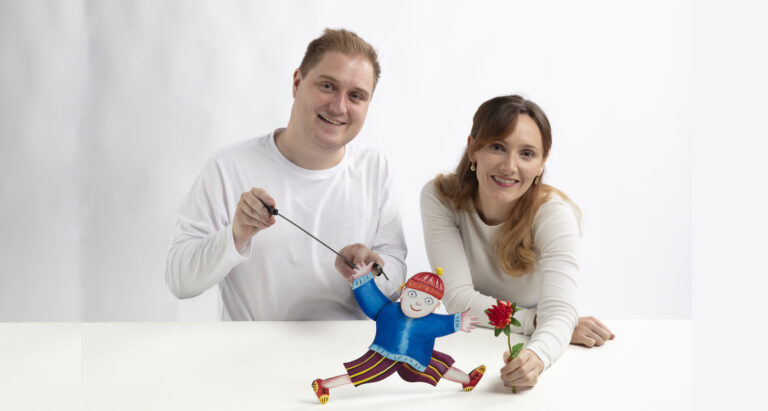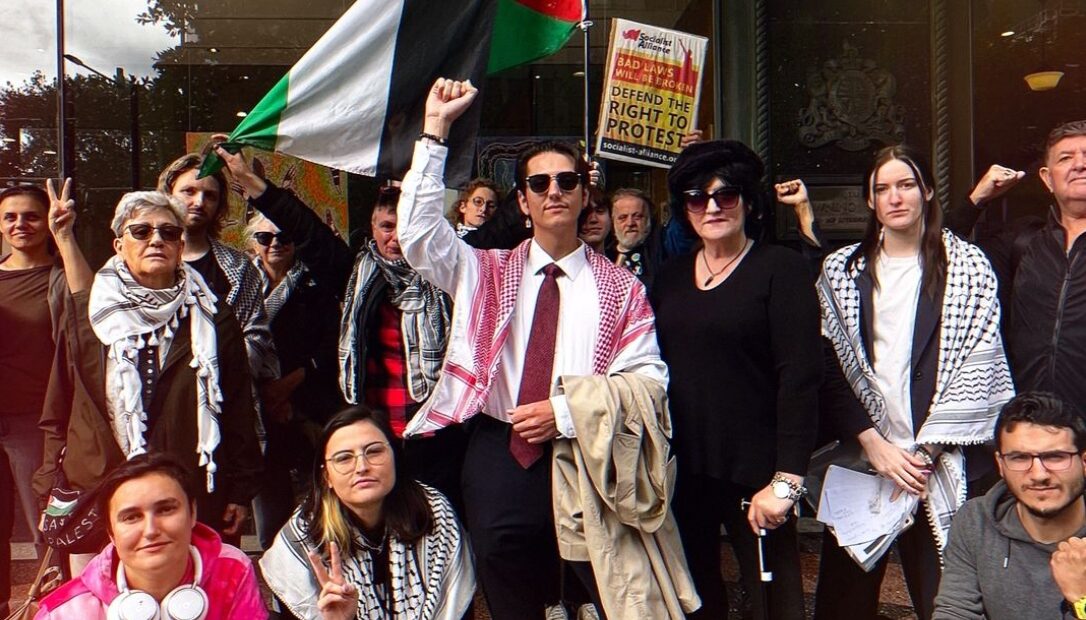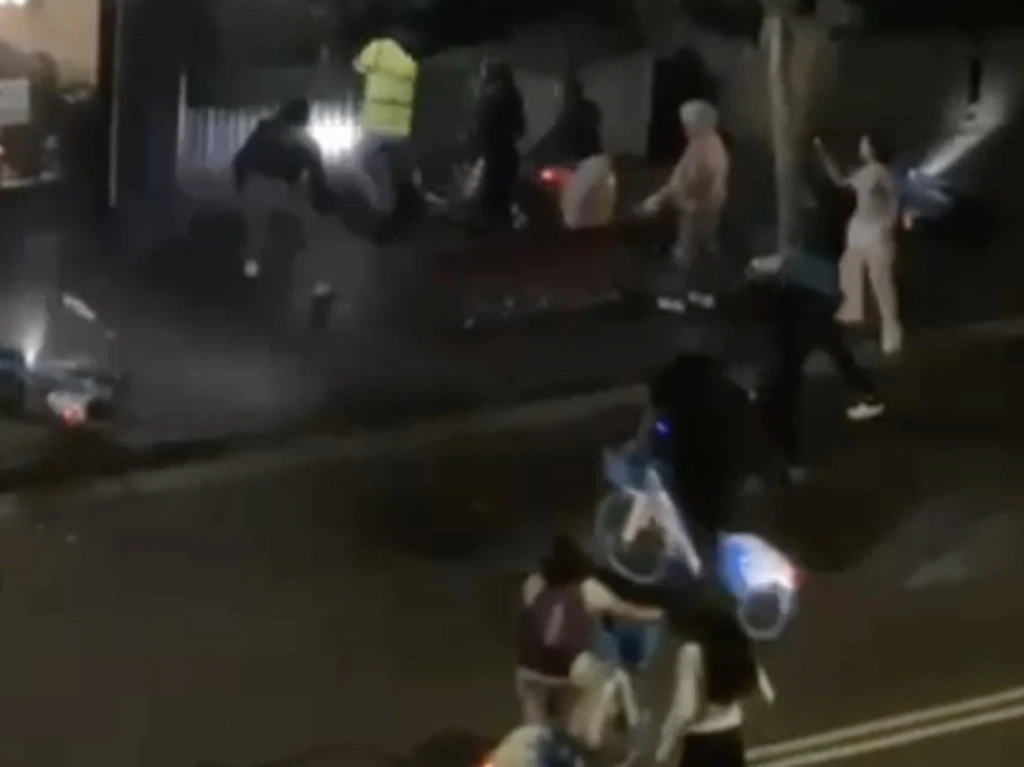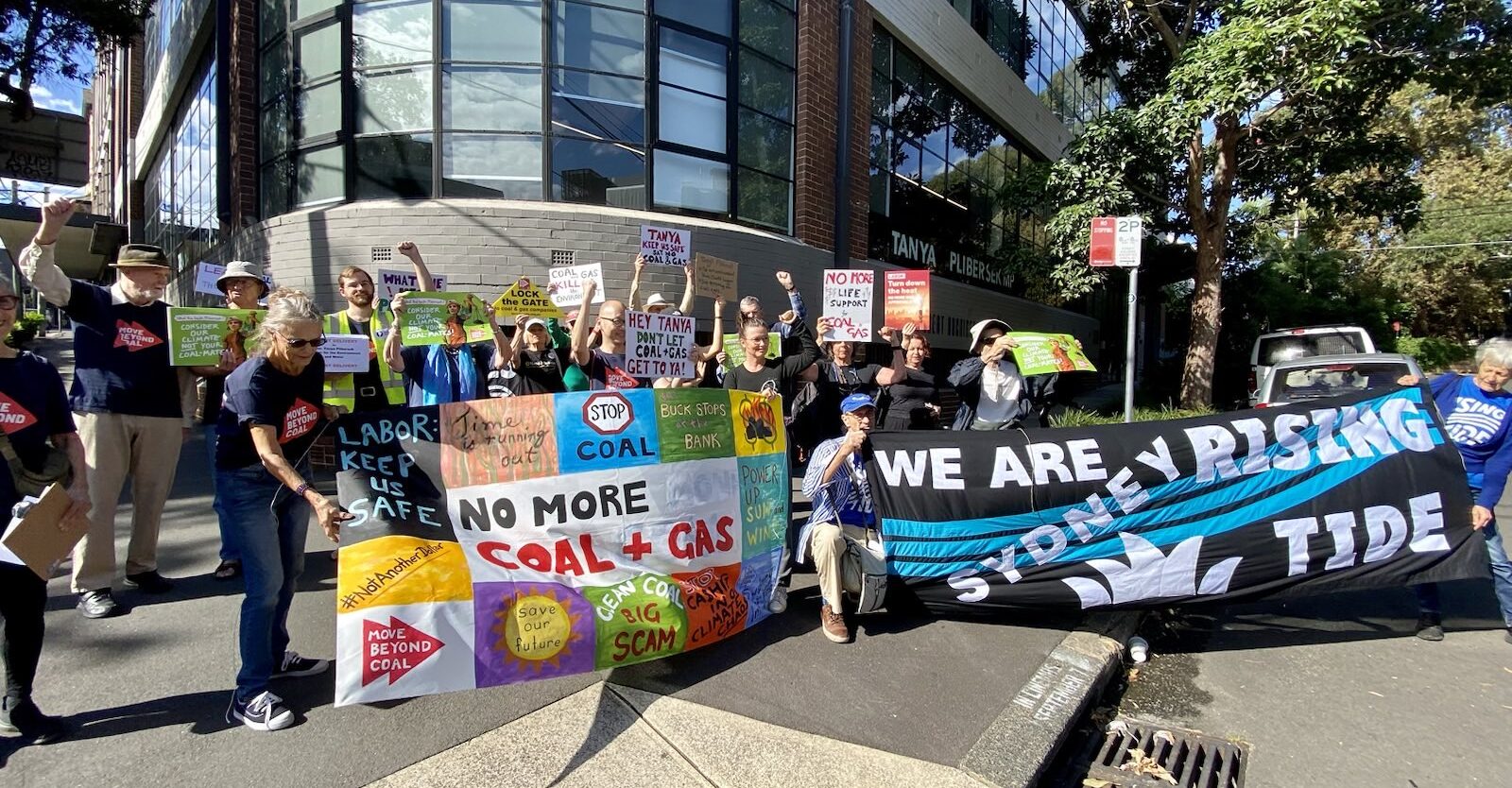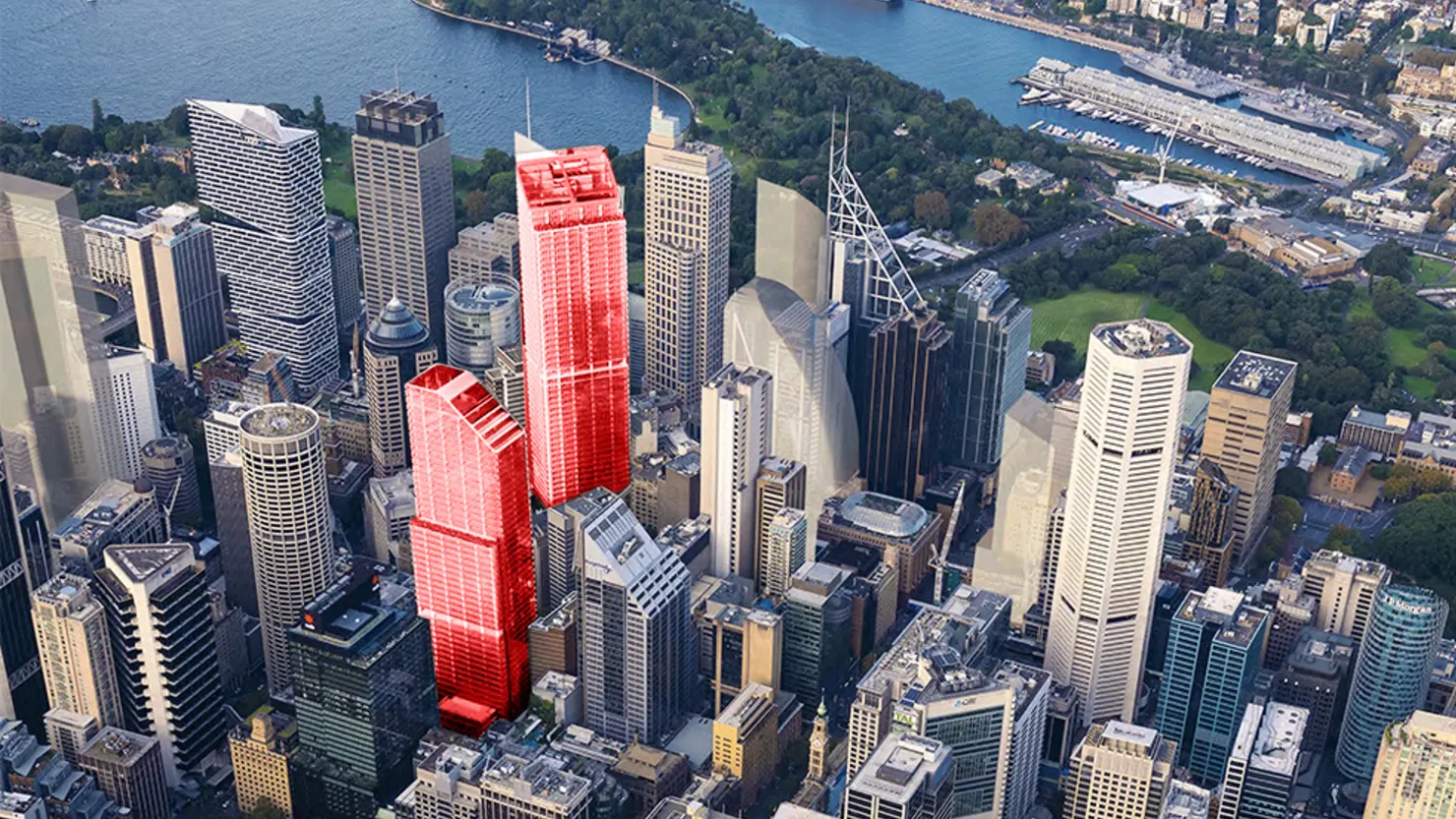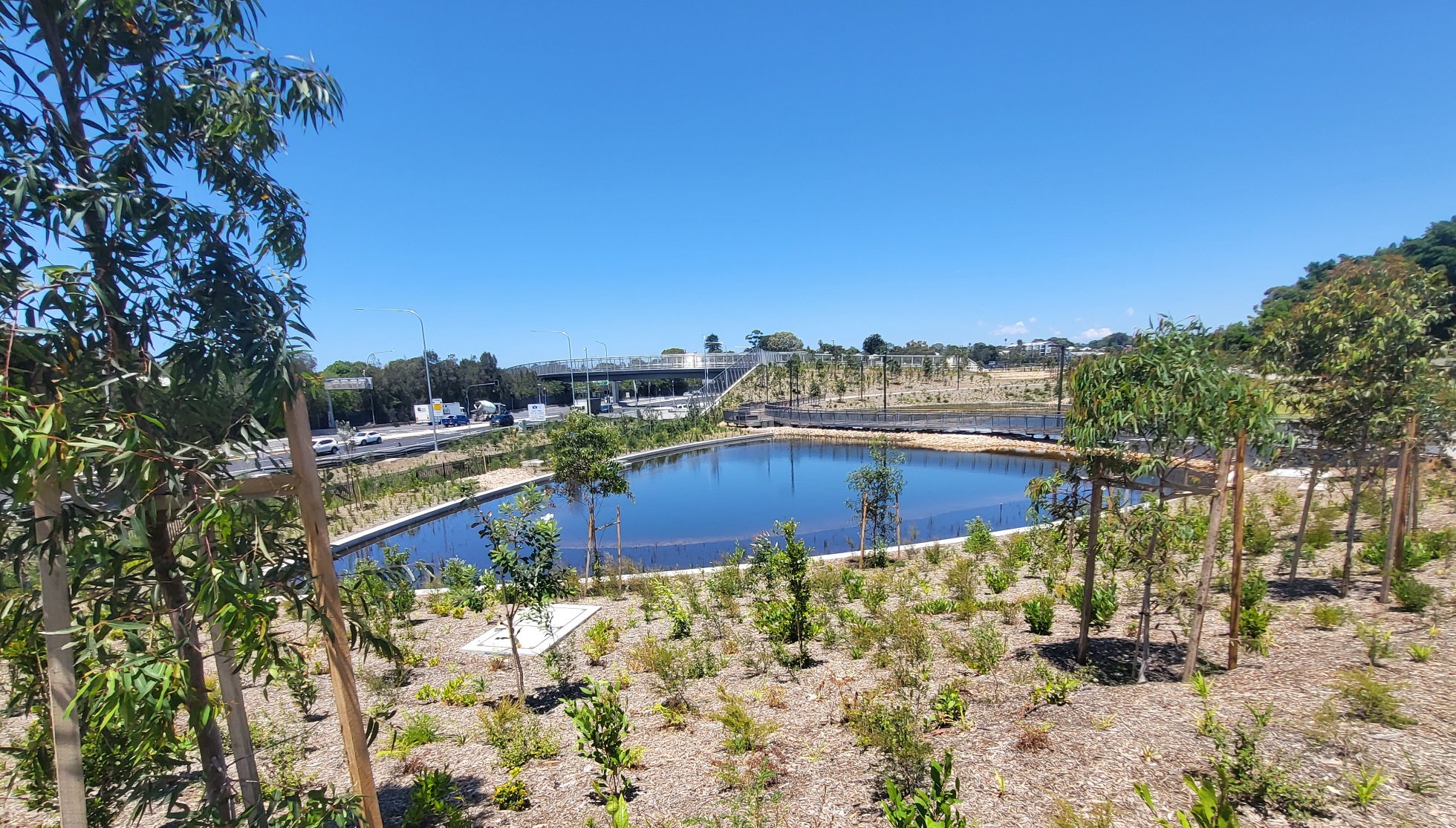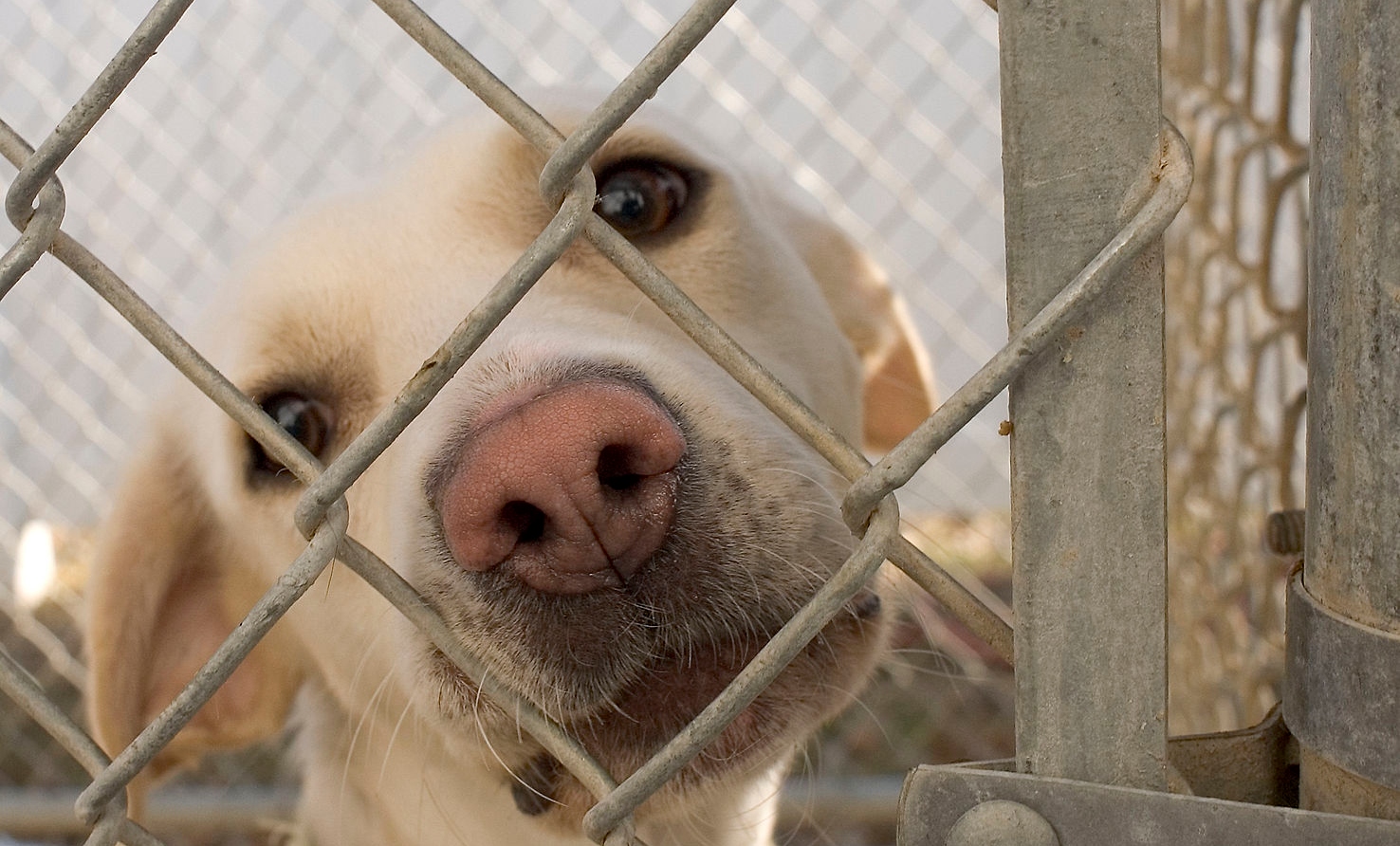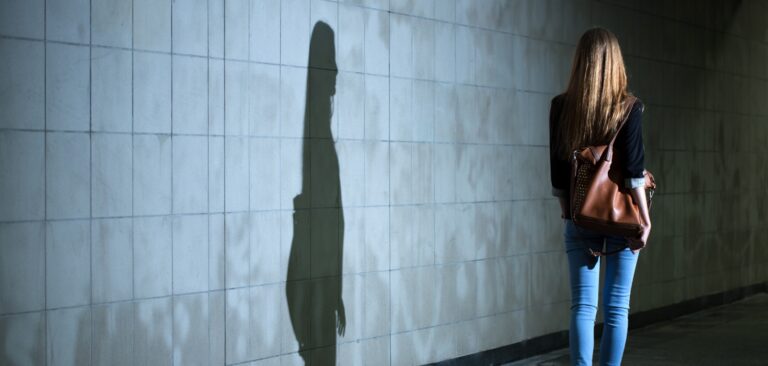
Sydney activists “commiserate” one year of gathering for Assange
By ALLISON HORE
For one year, supporters of Julian Assange have gathered on the steps of Sydney’s Town Hall every Friday night. On the 53rd week of their demonstration, they were joined by a special guest- John Shipton, Julian Assange’s father.
Although it was the anniversary of their gathering, organisers say the occasion was “not a commemoration” but “a commiseration”.
In 2010, Assange’s website, Wikileaks, published almost 400,000 United States Army field reports from the Iraq war between 2004 and 2009. The files recorded more than 60,000 civilian deaths, including the deaths of two Reuters journalists who were listed as “enemy killed in action”.
Assange now sits in a British prison and faces extradition to the United States over his indictment with 17 spying charges and one charge of computer hacking regarding his publication of the classified documents. Assange’s lawyers say the case is “politically motivated” and say he would be unable to receive a fair trial in the United States.
Supporters of Assange, some of whom gather at Town Hall each week, are calling for the Australian government to get behind Assange to stop his extradition and bring him home to Australia.
The dedicated group of Sydney-siders were joined by Mr. Shipton, who had travelled all the way from Europe to express his appreciation and gratitude to the protesters, most of whom are strangers to him. He has become a key figure in the movement to free Julian Assange and has attended demonstrations around the world.
Mr. Shipton told City Hub he wanted to acknowledge the “tremendous and ongoing support” of the protesters and to express his appreciation for their efforts. Despite being locked up, Mr. Shipton said Assange is aware of the supporters who gather around the world to raise awareness about his plight.
“Everywhere around the world Julian is aware- or was aware- now he’s only aware in as much as that it filters through to the jail. But I tell him about the supporters,” he said.
The Sydney protesters are just a handful of the hundreds of thousands of supporters Assange has around the nation, and overseas.
More than half a million people have signed a petition on Change.org calling for Assange to be freed and showing concern for the legal precedent it would set for a non-American journalist to be extradited to the USA for exposing American war crimes. In February this year the petition was tabled in the house of representatives by independent MP Andrew Wilkie. It was the largest ever “e-petition” to be tabled in the house.
Mr. Shipton said the emotional toll on Assange has been “terrible” and said it “just doesn’t stop”. This, “plague of malice”, as Mr. Shipton calls it, has been brought on by four governments around the world, he said- the United Kingdom, the United States, Ecuador and Sweden.
When asked about whether his son’s plight had taken a toll on the family, Mr. Shipton said “after here, I can go home and have a meal, and I can sit with friends and we can exchange feelings about life.”
“Julian is in a cell for the next 23 hours, he only gets an hour out and then he’s back in the cell, so we don’t have any toll on us. But Julian carries, for all of us, the toll.”
The danger of misinformation
David McBride, former British Army major and Australian Army lawyer who made information about Australian war crimes available to the ABC between 2014 to 2016, also attended the event. Mr. McBride knows better than most people what Assange is going through. In 2018, he was slapped with criminal charges in relation to his whistleblowing. He is still awaiting trial.
Mr. McBride told City Hub the outcome of his trial may have implications for the plight of Assange. He said if the charges against himself are dropped it would help Assange’s case. As someone who served as a uniformed officer, and doesn’t consider himself anti-war, Mr. McBride was much more an insider to what was going on.
“That’s why my case is important because we kind of go in quantum leaps,” he explained.
“Julian, obviously is a very clever guy, but he’s always had this image of an outsider.”
Despite Julian Assange’s outsider status, it hasn’t stopped his work receiving mainstream recognition. In 2011 Wikileaks, with Assange at the helm as its editor, received a Walkley Award for outstanding contribution to journalism for its release of the Iraq war logs, in particular, video of the US helicopter attack which led to the deaths of the two journalists.
Nine years on, the ABC’s Mark Willacy received the highest Walkley for his work on the Four Corners episode, ‘Killing Field’, an expose into Australian war crimes in Afghanistan.
Mr. McBride said support from the community has helped to get him through what has been a remarkably difficult time.
“I’ve been very close to the edge a number of times in my struggle, what keeps me going is the emails I get from friends and supporters,” he said.
He said he was “extremely grateful” for the activists’ efforts to show support to Assange and, more broadly speaking, standing up for the rights of whistleblowers.
“I saw a similar thing down in Canberra when I was first going to my first court cases, it was freezing cold, and there were these people outside with placards, and it really warmed my heart to think the future of Australia is in pretty good hands,”
“People got it, and they cared enough to come out.”
He encouraged people to keep speaking out in support of whistleblowers and to continue calling out corporate and government misinformation, which he says is “so prevalent”..
“The world is in danger, and it’s largely in danger from misinformation and because enough people don’t really care. But if people do, we can reverse that trajectory,” Mr. McBride said.
“If you’re thinking do I send another email, do I come out on Friday afternoon, the answer is yes, it really helps people like me and you do what we do.
